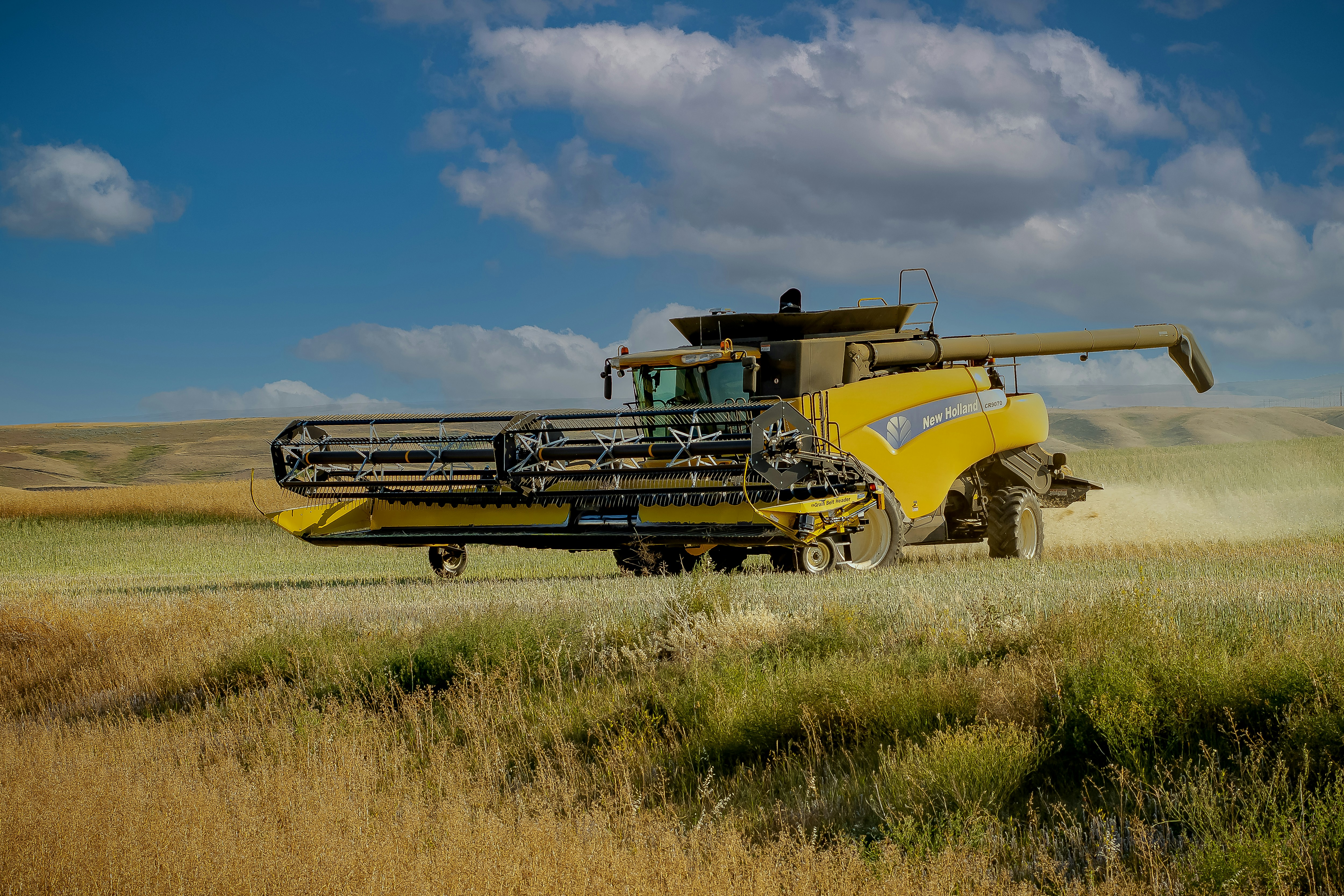Key Takeaways:
- One-third of agriculture jobs and one-fifth of food and beverage manufacturing jobs in Canada are at risk of automation within the next decade.
- Automation and digital technologies are reshaping the agri-food sector, leading to changes in skills requirements and labor demands.
- Data scientists and software engineers are projected to be among the fastest growing occupations in the sector.
- Agriculture workers may require minor upskilling, while food and beverage manufacturing workers face significant reskilling challenges.
- Strategic workforce development and investment in education and professional development are crucial to navigate this transformation.
Automation and Digital Transformation in Canada's Agri-Food Sector
New research from The Conference Board of Canada reveals that one-third of jobs in the agriculture sector and one-fifth of jobs in the food and beverage manufacturing sector are at risk of automation within the next decade. This report highlights the profound impact that automation and digital technologies are having on Canada’s agri-food sector, presenting both opportunities and challenges for the industry.
Opportunities and Challenges of Automation
“Automation and digital technologies are revolutionizing Canada’s agri-food sector, offering unprecedented opportunities for growth and innovation,” said Alain Francq, Director, Innovation & Technology at The Conference Board of Canada. However, this transformation also brings significant implications for the future of work in the industry.
The integration of these technologies is reshaping traditional processes, leading to a shift in skills requirements and labor demands. Many routine and repetitive tasks are expected to be automated, reducing the need for human labor in these roles. Conversely, there will be a growing demand for workers with advanced skills, particularly in data science and software engineering, as the sector increasingly relies on technology to drive efficiency and productivity.
Reskilling and Workforce Development
The transition to a more automated agri-food sector will necessitate significant changes in workforce development strategies. “Canada must ensure that its agri-food workforce is well-equipped to navigate this period of transformation,” said Noel Baldwin, Executive Director at the Future Skills Centre. A strategic approach to workforce development is essential to support at-risk workers in reskilling and adapting to emerging opportunities in the sector.
Agriculture vs. Food and Beverage Manufacturing
The report indicates that the transition for workers in agriculture will be relatively smoother compared to those in the food and beverage manufacturing sector. Agriculture workers already possess many of the skills and knowledge areas required for emerging roles, necessitating only minor upskilling or reskilling. In contrast, the food and beverage manufacturing sector faces more substantial challenges, with larger gaps between the skills and knowledge areas of current and growing roles. This sector will require significant investments in targeted training programs to bridge these gaps and facilitate a smooth transition for its workforce.
Strategic Investments in Education and Professional Development
Investing in education and professional development programs is crucial for facilitating a smooth transition for workers whose roles are at high risk of automation. Enhancing talent attraction efforts, implementing knowledge transfer programs, and providing support for farmers and workers in the industry are essential steps to prepare the workforce for the evolving demands of an increasingly technology-driven landscape.


